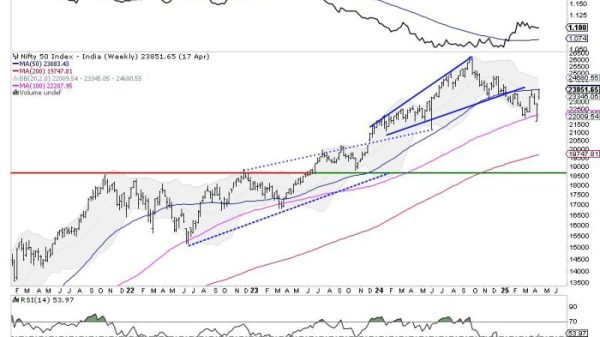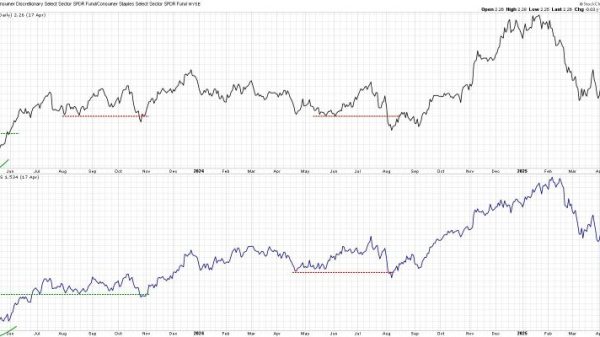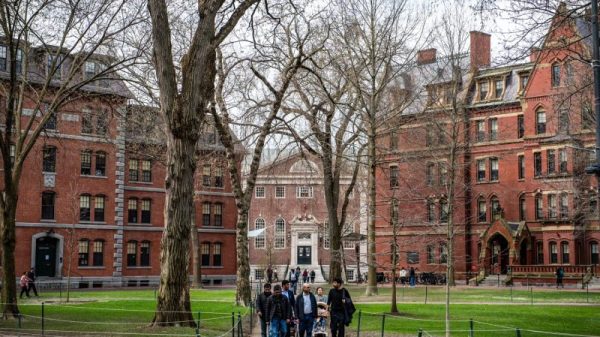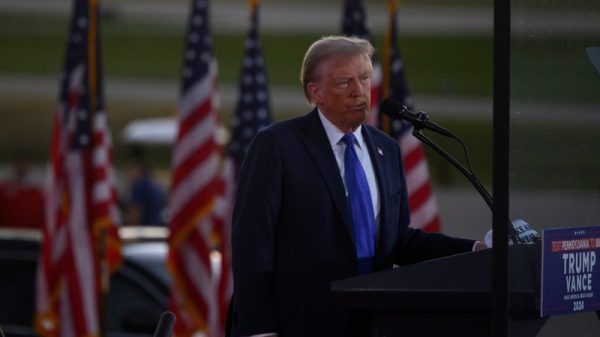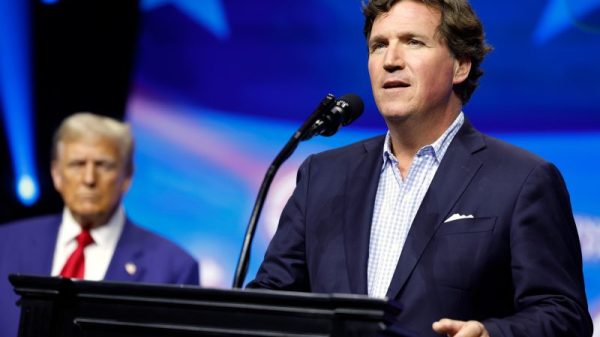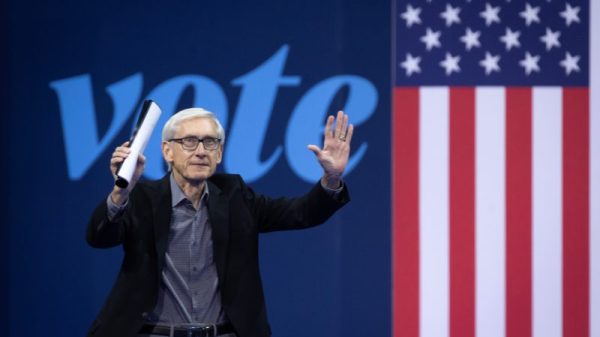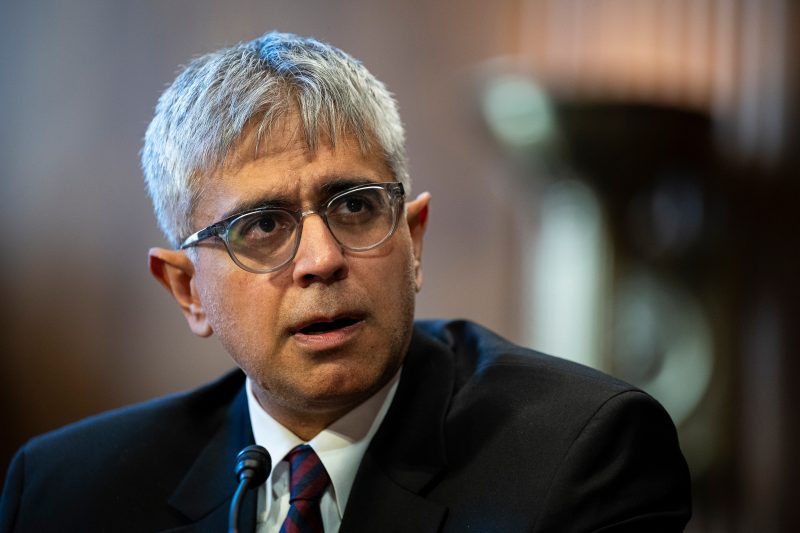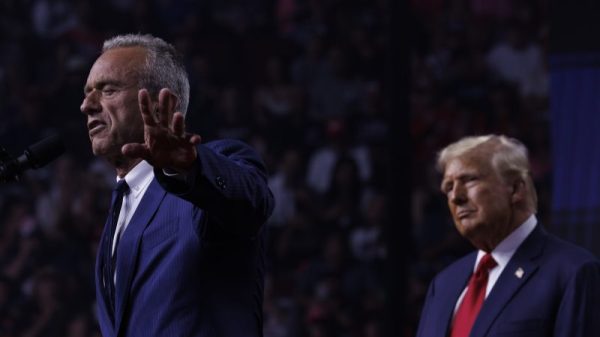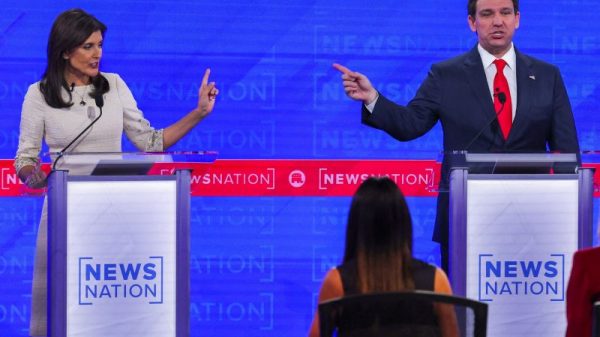President Biden’s pick to be the first Muslim American appeals court judge appears to be in jeopardy, with three Democratic senators refusing to support him, but the White House said Thursday it would keep working to convince lawmakers that the criticism of nominee Adeel A. Mangi is “baseless.”
Sen. Jacky Rosen (D-Nev.) told the Nevada Independent on Wednesday that she would not vote to place Mangi on the Philadelphia-based U.S. Court of Appeals for the 3rd Circuit, citing “concerns I’ve heard from law enforcement in Nevada.”
She is the second Democratic senator from Nevada — and the third overall — to come out against Mangi, a Harvard- and Oxford-trained lawyer who has faced a groundswell of opposition from Republicans and conservative groups over his ties to an organization that represents Muslim, Arab and South Asian law students and a group that advocates for incarcerated people and their families.
Sens. Catherine Cortez Masto (D-Nev.) and Joe Manchin III (D-W.Va.) have also said they would not vote for him. Cortez Masto expressed concerns about Mangi’s membership on the advisory board of the criminal justice reform group Alliance of Families for Justice. Manchin told Politico he will not vote for any judicial nominee who does not have at least some bipartisan support.
Carl Tobias, a professor at the University of Richmond School of Law who is watching the battle closely, said Republicans oppose Mangi, in part, because they want to maintain the 3rd Circuit’s 7-6 conservative majority. He also said Rosen, who is up for reelection in the battleground state Nevada, may be unwilling to support Mangi because she doesn’t want to be targeted by conservative groups.
Rosen’s office did not respond to questions about what concerns law enforcement groups in Nevada had raised about the nominee. But Andrew Regenbaum, executive director of the Nevada Association of Public Safety Officers, said in a statement that “Mangi’s affiliation with the Alliance for Families for Justice makes him unfit to serve.”
The White House said Thursday that it is still trying to marshal support for Mangi, a partner at the New York law firm Patterson Belknap Webb & Tyler.
“Some Senate Republicans and their extreme allies are relentlessly smearing Adeel Mangi with baseless accusations that he is anti-police,” White House Chief of Staff Jeff Zients said in a statement. “That could not be further from the truth, and the close to a dozen law enforcement organizations that have endorsed him agree.”
The White House earlier this month called the attacks against Mangi a “cruel, Islamophobic, smear campaign.”
Republicans and conservative groups such as the Judicial Crisis Network have accused Mangi of sharing antisemitic views espoused by panelists who spoke at events hosted by Rutgers Law School’s Center for Security, Race and Rights, where he previously served on the advisory board.
In 2021, on the 20th anniversary of the Sept. 11, 2001, attacks, the center hosted a roundtable discussion that featured several controversial speakers. Republicans criticized that event and a more recent lecture on life under “violent occupation and settler colonial violence in Palestine,” held just days after the Oct. 7 Hamas attack in southern Israel that killed about 1,200 Israelis and included the kidnapping of about 250 hostages.
During Mangi’s Dec. 13 nomination hearing, Sen. Tom Cotton (R-Ark.) questioned him about the Hamas attack and whether he believed it was justified.
“The events of October 7 were horrific. A horror,” Mangi said, noting that his time on the center’s advisory board does not mean he shares the views of all who work or speak there. “The attacks on civilians were abominable and against everything that I stand for.”
Mangi has separately drawn criticism from more than a dozen law enforcement organizations, such as the Police Conference of New York, according to Republicans on the Senate Judiciary Committee. The Fraternal Order of Police told The Washington Post on Thursday that it opposed Mangi’s nomination as well.
But other groups, including the International Law Enforcement Officers Association and the National Organization of Black Law Enforcement Executives, are supporting him, as are the AFL-CIO, the Anti-Defamation League, the American Jewish Committee and a coalition of more than a dozen Jewish organizations.
“Mr. Mangi has displayed the qualities of leadership, empathy, excellence, and persistence in supporting and defending the U.S. Constitution while ensuring equal protection and justice for all Americans,” NOBLE wrote in an endorsement letter.
Priya Purandare, executive director of the National Asian Pacific American Bar Association, also backed Mangi in a statement. “The baseless attacks against Mr. Mangi have a chilling effect,” she said. “If left unanswered, the nation runs the risk of losing a generation of talent who shares Mr. Mangi’s faith from entering public service and the opportunity to compose a federal bench that reflects the changing demographics of the United States. History will remember this moment.”
With Cortez Masto, Manchin and Rosen opposed to his confirmation, Mangi would need the support of moderate Republicans such as Sens. Mitt Romney (Utah), Susan Collins (Maine) and Lisa Murkowski (Alaska) to be confirmed.
Tobias, the law professor, said Mangi could also be confirmed to the appeals court if Senate Republicans sit out the vote — like they did for Nicole Berner, who was confirmed last week to be the first openly gay judge and first labor lawyer on the U.S. Court of Appeals for the 4th Circuit, which covers Maryland, North Carolina, South Carolina, Virginia and West Virginia. Three Republican senators, including Lindsey Graham (S.C.), the top Republican on the Senate Judiciary Committee, didn’t vote.
If Biden pulls Mangi’s nomination or he withdraws, it would be a rare defeat for a president who has made diversifying the nation’s federal judiciary a key priority. Biden nominated Zahid N. Quraishi as the first Muslim federal district court judge early in his term.
Mangi would be Biden’s third judicial nominee to withdraw. Michael Delaney gave up his nomination to the Boston-based U.S. Court of Appeals for the 1st Circuit in May following Democratic concerns about his past work defending a New Hampshire boarding school in a lawsuit over sexual assault.
Less than a week later, Jabari Wamble dropped his bid to become a U.S. district judge in Kansas. The White House didn’t provide an explanation for the withdrawal, but the Associated Press, citing an official familiar with the confirmation process who spoke on the condition of anonymity, reported that Wamble was expecting to receive a “not qualified” rating from the American Bar Association, which grades judicial candidates.
The firestorm surrounding Mangi comes at a time of heightened political sensitivity surrounding the Oct. 7 Hamas attack and Israel’s prolonged military response. Threats against Arab, Jewish and Muslim Americans are on the rise, according to federal officials, and college campuses have been embroiled in angry debates over Zionism, Palestinian rights, antisemitism and free speech.
Sen. Cory Booker (D-N.J.), who has been championing the nomination, said Mangi’s career and Senate testimony “reinforces his commitment to upholding and advancing the fundamental values we all hold as Americans.”
“I stand behind Adeel Mangi 100 percent,” Booker said in a statement.






